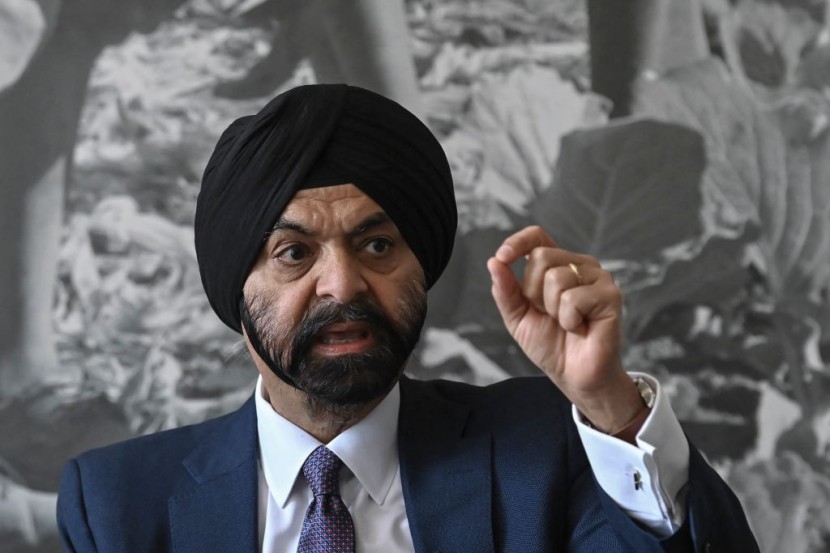The World Bank released some potentially unsettling news this week as it says the global economy had its weakest performance in 30 years.

Their forecast for the coming decades is that the economy with be marked with sluggish economic activity, less trade growth and the increasing costs of borrowing, such as higher interest rates.
Analysts have noted that global inflation continue to recede without flipping the global economy into a recession. However, they noted, that continued growth is slower than expected, especially so when considering recent geopolitical threats-such as the conflict in Gaza.
"As the world nears the midpoint of what was intended to be a transformative decade for development, the global economy is set to rack up a sorry record by the end of 2024," the World Bank says in its release.
Global Economic Slowdown?
The World Bank also believes growth will slow for a third consecutive year to 2.4%, which is down by 0.2% relative to this time last year. That interest rate is three-quarters of a percent lower than the average growth rate in the 2010s, and the slowest half-decade GDP growth in thirty years.
The outlook is even more dire for so-called third-world economies, which are expected to grow 3.9% in 2024, but are one percentage point below the average of 15 years prior. A brighter picture for the United States economy means that the global economy is in a better position than last year. However, that growth outlook is more restrained globally.
"There is growth, but the problem is still there: we will have mediocre growth relative to last decade," World Bank deputy chief economist Ayhan Kosetells said during an interview with Axios. "It's like you go to your doctor who tells you that you have a big problem. And then two weeks later, your doctor says 'I told you it's a big problem, but it's not that big,'" Kose says.
"Domestic structural reforms have taken a backseat. There has not been nearly as much progress in the last four or five years as there was earlier," World Bank chief economist Indermit Gill says."The trade environment started to deteriorate. The overall macro environment deteriorated," Gill adds. "We need to reverse these things," he continued.
© 2025 HNGN, All rights reserved. Do not reproduce without permission.








